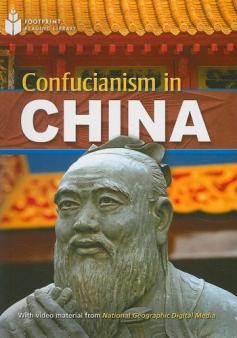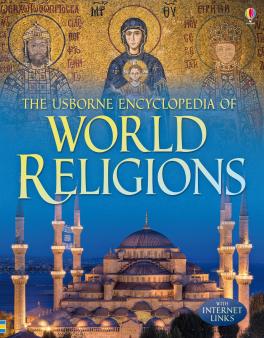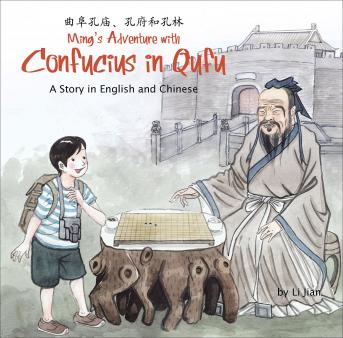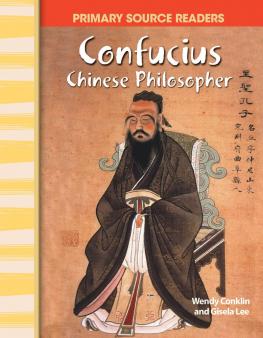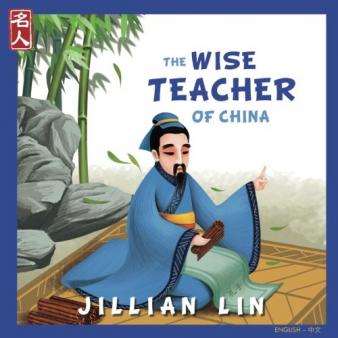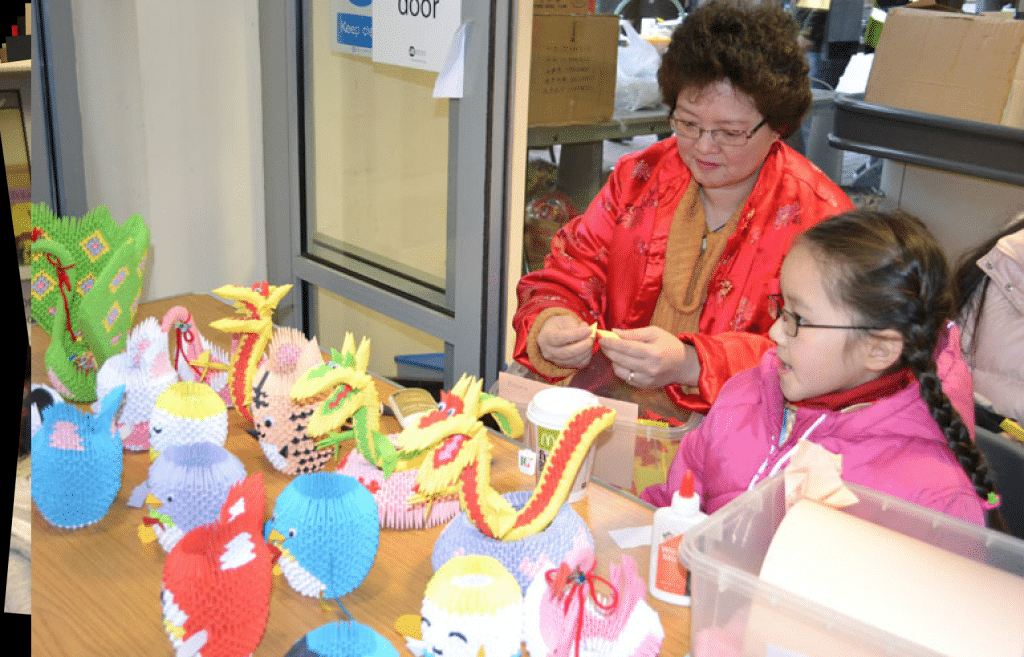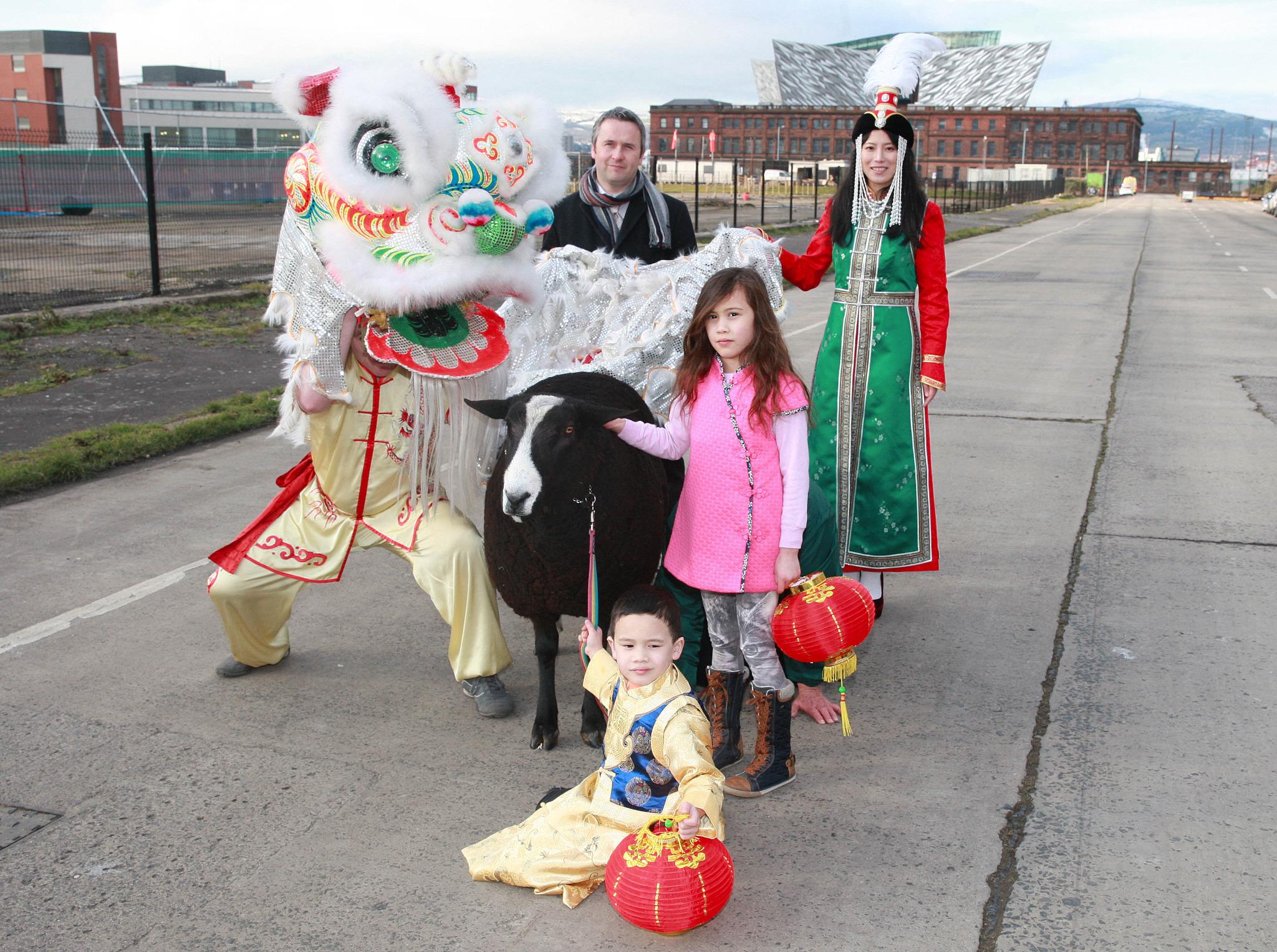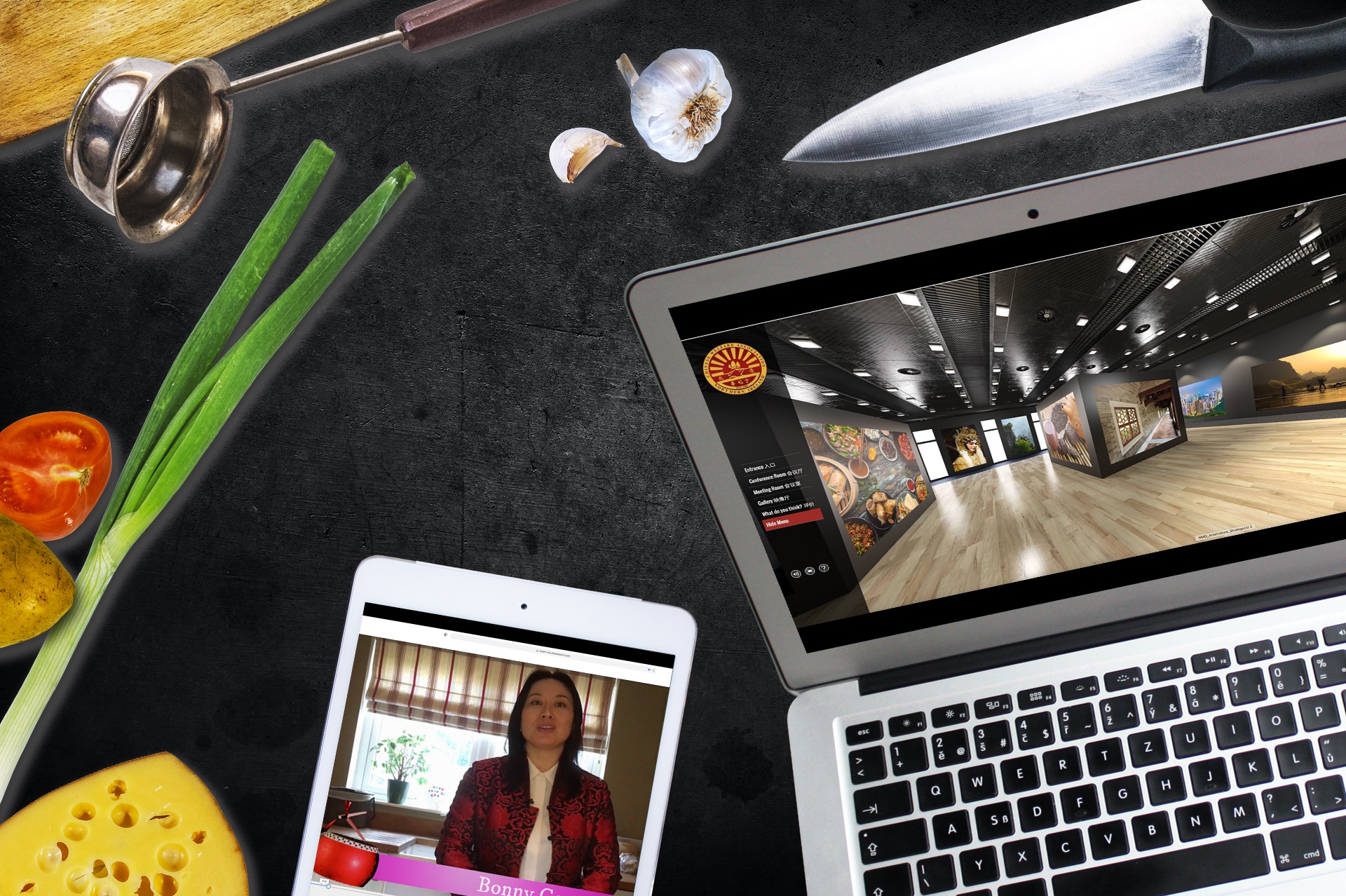Belfast delegation Visits China
A delegation from Belfast – including the Lord Mayor Deirdre Hargey and officials from Visit Belfast – are visiting Shenyang, a city in China’s northeast Liaoning Province which is twinned with Belfast, this week. They met local travel journalists and travel agents, at a showcase event organised by Tourism Ireland yesterday (13 September).
According to Tourism Ireland, we welcomed around 90,000 Chinese visitors to the island of Ireland in 2017, up +43% on 2016. Tourism Ireland is rolling out a busy programme of promotions in China this autumn, to continue to raise awareness of Northern Ireland and to position us well for 2019. Activity includes co-operative promotions with Hainan Airlines and Cathay Pacific to highlight ease of access to Ireland, as well as partnerships with key influencers and bloggers.
James Kenny, Tourism Ireland’s Manager China, said:
“This week’s visit by the Belfast delegation is an excellent opportunity to highlight Belfast and Northern Ireland to influential travel professionals and journalists in Shenyang.
“China is the largest outbound travel market in the world and one that Tourism Ireland is committed to growing over the coming years. In 2017, we welcomed an estimated 90,000 Chinese visitors to the island of Ireland; the introduction of direct flights to Dublin from Beijing and Hong Kong this year is a major game-changer and offers a real opportunity for us to grow this emerging travel market over the coming years.”
Deputy Mayor of Shenyang (back, 10th left); Deirdre Hargey, Lord Mayor of Belfast (back, 11th right); Tim Losty, NI Bureau (back, centre); David Boyce (back, fifth left), Steffi Zhang (back, second left) and James Kenny (front, third left), all Tourism Ireland; Gerry Lennon (back, sixth left) and Rachel McGuickin (back, seventh left), both Visit Belfast; Laura Leonard, Belfast City Council (back, second right); Ms Zhang, Hainan Airlines (back, third left); and officials from Shenyang, at the Belfast showcase event in Shenyang organised by Tourism Ireland.
Finding Wee Paddy
In our I in NI Programme we have been exploring the links between Northern Ireland and China down through the centuries. From Lord McCartney the County Antrim aristocrat and first British diplomat to China to today's trade and tourism exchanges we have more links than we often realise. In Northern Ireland's recent Decade of Centenaries the impact of the First World War on society, culture and even our place in the world has been explored. China interestingly was our ally in that war, and contributed massively through the Chinese Labour Corps.
Between the wars British soldiers were stationed in Hong Kong and when Japan invaded China they were sent to China to stop thew Japanese advance. Based in Shanghai the Royal Ulster Rifles, a regiment raised in Northern Ireland helped to protect an area of Shanghai and offered humanitarian aid to the local Chinese population. They even broke their own orders to engage the Japanese forces in order to protect Chinese civilians as they fled the fighting.
In August 1937, the 1st Battalion The Royal Ulster Rifles was moved at twenty-four hours notice from Hong Kong to Shanghai on emergency deployment following the outbreak of the Second Sino-Japanese War.
The Battalion's task was to assist with the protection of the International Settlement. The British frontage extended for five miles and there was much to be done. Military posts had to be re-designed or re-constructed and wire fences erected. Refugees had to be controlled and internal security maintained. The perimeter wire was well outside the Settlement boundary and the area between was policed by a Chinese force responsible only to their own Government.
Five Riflemen were killed by the Japanese during three separate incidents. On 24 October, Rifleman McGowan was killed on duty at Outpost Q on Keswick Road by fire from a Japanese aircraft. On the 29 October, Japanese shells killed Riflemen Mellon and Howard at the outpost near Jessfield Station and Delaney, who was with them, died of his wounds on 31 October. Also killed that day, by a Japanese shell that hit the Honeyland Bar where he was off duty, was Rifleman O’Toole.

The Northern Ireland soldiers were buried in Shangai with the local Chinese population attending the funerals which were said to be the largest seen win the city. The incidents caused international outrage and made the front page of the New York Times as well as local Belfast papers.


In recent years the Neice of one of the Riflemen Paddy McGowan determined to find his grave and the poignant story has become the subject of a local film "Finding Wee Paddy". It tells the story of Paddy and his act of heroism saving local Chinese civilians. Then how in recent years efforts by his family the British and Chinese Governments as well as historians and the community have helped to locate his final resting place.

We are Recruiting

We are looking for a committed, enthusiastic and skilled project manager for an exciting new heritage project. You will lead the ‘I in NI’ Project which will help the Chinese and other Ethnic Minority Communities better understand the history and legacy of Northern Ireland in this its Centenary Year. The project is a first for the organisation and marks success for our recent adoption of heritage work as a priority area. Funded by the Shared History Fund the project aims to produce educational resources, study Partition in its international context and join in the current debates around the Centenary of Northern Ireland. The project which we hope to see continued beyond the present round of funding will be a foundational piece of work and is an opportunity for a motivated candidate to make their mark and make sure that it continues well beyond March 2022 when the present funding comes to an end.
We see the project as the first step with many of the outputs such as educational material needing to be taken forward and actually into schools. Part of the project management post will be to look at how the project can be built upon and made not only successful in its present form but sustainable into the future. The Candidate Information Booklet will outline the job and its wider context in greater detail.
[3d-flip-book mode="fullscreen" id="84940"][/3d-flip-book]
Key responsibilities
To manage and implement the CWA NI Centenary Project Action Plan in line with the application submitted and the input and overall project coordination provided by CWA;
To manage the delivery of the specified outputs such as development of ‘Know Norn Iron’ Programme other education and community engagement work.
To Manage the delivery of the Partition Solutions Programme while working with relevant historians, experts and others to develop an international context.
Manage and monitor any tendering or third-party work to ensure successful completion of the project on schedule.
Oversee the engagement and ongoing management of a number of consultants, experts or contractors ensuring ongoing contact, progress monitoring and output as well as quality control of work especially training provision and digital development.
To work with above consultants and contractors to ensure they receive information, instruction and in the case of the website and app development content and imagery.
To oversee the development of the “I in NI” Programme, this will involve ensuring the digital platform is fit for purpose and a structure given to participants as well as editing and monitoring content.
Establishment, development and management of Chinese Community and wider BEM engagement with and knowledge of the wider NI Centenary events and the Shared History context.
Essential Criteria:
By the closing date for applications, candidates must be able to demonstrate:
A relevant degree, or equivalent qualification plus 1 year’s experience in a paid or voluntary capacity in community based heritage or cultural tourism.
Or
5 years’ experience in a paid or voluntary capacity in community based heritage or cultural tourism.
And
- Experience of project or programme management in the community and voluntary sector.
- Background in heritage or history with awareness of the events, issues, and
- sensitivities around the centenary of Northern Ireland.
- The ability to plan and project manage, work effectively and work on his/her own initiative, taking the lead where necessary.
- Excellent communication skills – oral and written.
- IT skills to use common productivity software such as Microsoft Word, Excel PowerPoint and Apple equivalents, as well as video conferencing and other virtual platforms such as Zoom.
Desirable Criteria:
- Post graduate level experience in Twentieth Century Irish History or Politics
- Experience of producing publicity materials and an ability to produce and/or oversee the development of a newsletter using appropriate software;
- Experience of the heritage and cultural tourism sector
- Have knowledge of basic website maintenance and content management;
- Ability to create use social media accounts and other forms of social media marketing.
- Ability to relate and communicate with the diverse range of organisations
- Experience of organising conferences, or other front facing events
- Working with heritage and cultural tourism;
- A demonstrable knowledge and understanding of Chinese and BME heritage and culture as well as experience of working with such groups
- Previous experience of completing funding applications.
- Hold a full license valid in the UK with access to a car. This criterion will be waived in the case of an applicant whose disability prohibits driving but who is able to make alternative arrangements
Full details of the Project, Post and Applicant Information as well as application and monitoring forms can be downloaded from Community NI - https://www.communityni.org/job/project-manager-53
Forms can be viewed and dowloaded as PDFs below
Application Form
[3d-flip-book mode="fullscreen" id="84946"][/3d-flip-book]
Download Word Version of Application Form
Monitoring Form
[3d-flip-book mode="fullscreen" id="84948"][/3d-flip-book]
Download Monitoring Form In Word
Privacy Notice
[3d-flip-book mode="fullscreen" id="84950"][/3d-flip-book]
Download Word Version of Privacy Notice
Reference ID: I in NI
Contract length: 9 months
Application deadline: 25/06/2021
Expected start date: 01/07/2021
Job Types: Part-time, Temporary
Pay: £35,000.00-£39,960.00 per year
COVID-19 considerations:
Yes
Finding Chinese Confusing ?
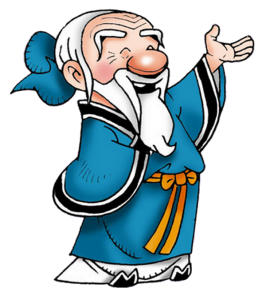
Confucius
Sometimes learning about new cultures and different countries can be confusing. This is especially the case when there is a new language and that language uses characters instead of letters. That is why we have created a cartoon Confucius and two fun characters to help you learn.
Confucius was actually a real character and lived long ago. He was a very wise man and many of his wise sayings have been written down and still help people today. This is called:
Confucianism
Confucius is a very famous man in Chinese history. He lived in China a long time ago and became very well known as a great philosopher or thinker.
Confucianism is the name given to the set of beliefs taught by Confucius. He taught people how they should behave towards each other which is why Confucianism is considered a way of life for many rather than a religion.
Top 10 facts
1. Confucius was a Chinese philosopher. His real name was K'ung Fu-tzu; Confucius is the Westernized version.
2. Confucius believed that society could become perfect if the people who lived in it worked very hard to behave properly towards each other.
3. Confucius gave up his job in the government so he could concentrate on teaching people how to live in peace.
4. Confucius's teachings were meant to be advice for the rulers of China.
5. Confucius said people should practise five virtues: kindness, goodness, honesty, modesty, wisdom and trustworthiness.
6. Today about six million people in China and South East Asia practise Confucianism.
7. Confucius believed that family was more important than each individual person.
8. After Confucius died, people built temples in his memory.
9. Rituals are very important in Confucianism.
10. Confucius became famous for his wise sayings and writings.
Did you know?
As well as being a teacher, Confucius also worked as a shepherd, a cowherd, a clerk and a book-keeper.
Even as a young child, Confucius loved to learn and at the age of 22, he set up a school for young people. No one was ever turned away from his school and his pupils paid what they could to attend.
Confucius taught people how to behave in their private life as well as the rules of good government based on love, justice, respect, wisdom and sincerity.
Confucius strongly believed that a ruler could not bring prosperity to his people by making laws alone, he had to set a good example too.
For many people, Confucianism is a way of life rather than a religion.
Family values are a very important part of Confucianism. Children are taught to respect their parents and to do as they are told.
There are five texts which contain Confucian scriptures. These include poems, history, rituals, and sayings.
After Confucius died, shrines were built in his honour and Confucianism became the state religion of China.
Every year the Confucian ceremony is celebrated all over China. It is always held on 28 September, Confucius’s birthday.
Confucius is famous for many of his sayings but is especially well remembered for his Golden Rule, "What you do not wish for yourself, do not do to others.” Something we should all remember!
About
Confucianism is the system of beliefs taught by Confucius. Confucius was born in the state of Lu in northeast China in the 6th century BC.
Confucianism has no church organisation, priests or holy beliefs.
Confucius taught people how they should behave towards each other which is why Confucianism is considered a way of life for many rather than a religion. Confucius believed people should try to be good citizens; he is not worshipped as a god but as a great teacher.
Confucius believed that society could become perfect if the people who lived in it worked very hard to show "beautiful conduct”. Confucius placed a strong importance on li, which means proper or orderly conduct – in other words behaving properly! This was the message Confucius wanted to deliver through his teaching.
Confucius wanted people to behave well so he taught five basic ideas for people to follow:
- Always be considerate to others.
- Respect your ancestors.
- Aim for harmony and balance in all things.
- Avoid extremes in behaviour and emotion.
- Live in peace and harmony and keep in touch with the spiritual forces of the universe, including nature.
Confucius also taught the principle of jen (Confucius himself translated it as ‘love mankind’). Jenstresses the importance of showing courtesy and loyalty to other people and rejects violence.
Chinese people believe that the music of bells calms the mind; it was apparently on hearing some bell music that Confucius decided to give up his home comforts and live on rice and water for three months.
Confucius placed a great deal of importance on family and respecting your elders, which is why there is such respect shown for parents in traditional Chinese culture.
By 124BC a university had been set up to teach Confucianism. Although Confucius left very few writings, his followers gathered his now famous sayings into a number of books (The Analects of Confucius, The Book of Mencius, The Great Learning and The Doctrine of the Mean).
Over time aspects of Buddhism and Taoism (another Chinese religious belief system) have influenced Confucianism. Many people in China practise a combination of these three religions.
Confucius left his mark on Chinese culture and on the world. Many of his sayings are still quoted today and each year on his birthday, September 28, the Confucian ceremony is celebrated all over China.
Rituals are very important in Confucianism, especially the worship of ancestors, as Confucius believed that the past plays a big part in shaping the future.
Children's books about Confucianism
Glossary of Confucian terms
Analects - the collection of Confucius' sayings.
Confucius - a Chinese philosopher, teacher and scholar.
Chun Tzu - the Confucian ideal of a perfect human being.
Jen - the most important Confucian virtue which is all about showing love and respect for others.
Kung Fu-Tzu - the Chinese name for Confucius.
Li - the Confucian idea of proper behaviour.
Ti - the Chinese word for ancestor.
Tien - literally means “heaven”.
Wen - means the ‘arts of peace’, in other words culture and the arts, like music, painting, poetry, literature, and so on.
Make Chinese Count For You
We all have our favourite subjects at school, or perhaps your favourite thing about school is the bus ride home ! However we hope that you will learn to love learning new things. One new thing we can all try is a new language. Your parents probably had to learn French or Spanish when they were at school. The reason they were given was it would be useful when they were on holiday or when we were part of the European Union. However not many people ever practiced their language skills after the left school. Today with the internet and business being done on a global scale we should all look beyond those languages close to us and look at which languages could really be important in the future.
One such language is Chinese and there are over 1.2 billion native speakers, so the benefits of learning Chinese are vast. For example Mandarin is home to countries like Taiwan, Singapore, and of course China. It's a language that has deep roots with over 3,000 years of history to back it up.
That's why the culture of China has largely shaped countries like Korea and Japan, including their educational institutions and languages.

Korea for example was initially formed using Chinese characters, and eventually replaced it with Hangul to form their own language. The same goes for Japanese and Vietnamese.
Why learn Chinese?
Some believe that learning Chinese is one of the best investments you can make.
China is one of the fastest growing economies in the last 2 decades. It's shaping entertainment, business, and even politics around the world. While there are many English speakers living in China and other Mandarin speaking countries, you'll find more people that do not. Besides, even if one speaks a language, there's no sweeter sound than hearing your native tongue.
So today, we're going to share with you the top 10 major benefits of learning Chinese. Some you may already be aware of, and some may even surprise you.
10 Major Benefits of Learning Chinese
Let's begin!
1. Communicate with over 1 Billion people instantly
As we mentioned, Chinese is the most widely spoken language in the world. Anywhere you travel or live on Earth, you're bound to spot a fellow Chinese speaker around you. Learning Mandarin will instantly open up communication abilities to over 1.2 Billion people and growing quickly.
2. Open up new job opportunities everywhere
The ability to communicate to over one billion people has major value in the job marketplace. Of course, this includes companies in China and other Mandarin speaking countries that you can apply to.
Companies all around the world are striving to tap into the Chinese marketplace, and you'll immediately differentiate yourself if you can speak Mandarin.
3. Appreciate Chinese food like you've never had before
Love dimsum, wontons, fried rice? So do we.
When it comes to evaluating the quality of Chinese restaurants, the number one signal is to observe how much English is on the menu. The less, the more authentic.
With that said, if you truly want to order with confidence at a Chinese restaurant, you'd need to learn the basic of Chinese.
4. Gain a competitive advantage in the business world
Beyond just gaining a leg up in your career, learning Chinese is just smart for business. Whether you're a business owner yourself or looking to get into business, the future of business will be in China. Whether you like it or not, China is the first place any great business will look to if they want to go international.
This is your opportunity to jump ahead of the curve.
5. Build stronger relationships with your Chinese friends
From school friends to neighbours, many of us have a native Chinese speaker in our life.
While English is widely taught and spoken amongst Chinese speakers, few can actually speak it with confidence. It's going to be many decades before the majority of Chinese speakers can speak your language, and that's being conservative.
Beyond the relationships you can form in real life, there's even a greater need in the online space. Unlike other countries, the Chinese government places strict regulations on letting consumers use non-Chinese applications.
Examples include using Tudou instead of YouTube, QQ instead of WhatsApp, and that social networks like Facebook are not available for use.
6. Enjoy Chinese movies, TV shows, and music authentically
With production companies like Alibaba Pictures, Tencent Pictures, and more coming into the global scene, Chinese entertainment is accelerating at a rapid pace. This is growing faster with the advent of distribution channels like Netflix and Prime Video.
While subtitles exist translations may not always make sense directly. If you want to authentically enjoy these entertainment forms at its highest quality, your best bet is to learn the language.
7. Travel with confidence anywhere (not just China)
Planning to travel to Asia some time in the near future? That's right, learning Chinese is what will help you get around easily. Even if you don't plan to travel to a country where Mandarin is an official language, people from China are always visiting and migrating there.
You'll also find that signs, menus, and other communication is provided with Chinese translations everywhere you go in Asia to accommodate the millions of Chinese travelers.
8. Improve your brain function
Given how different Chinese characters, accents, and history is from English, you'll have to think outside the box. It's a language that's completely different than what you're used to as an English speaker, which is why it's a great exercise for your brain.It'll challenge your mind like never before, and you'll find yourself stimulated by the new knowledge you're accumulating as you learn this unique language.
9. Learning Chinese is not as hard as you think
But don't let that intimdate you. Despite the difference in Chinese characters, most people overestimate how difficult it is to learn.Yes, there are challenges to learning Chinese. The biggest is probably because while English uses phonetic writing, Chinese is composed of pictograms and semi-phonetic ideograms.
The good news is, this is the hardest thing about Chinese. There are also things you don't have to learn, like tenses, cases, genders, or other simple grammars which are required for most other languages.
Given how much time a new language learner normally spends on learning genders, tenses, and other grammar rules, you'll bypass all of that when you decide to learn Chinese.
10. There are more Chinese learning resources than ever
Perhaps more importantly is the resources available to you. With Chinese being the most spoken language in the world, it also comes with learning options that are powerful.
Then there is free apps like Duolingo, YouTube videos, and podcasts that you can immerse yourself in between your lessons. It's never been easier to learn a new language like Chinese.
Are there any major benefits of learning Chinese you can think of?
These were just a short list of benefits that we wanted to highlight for you. We know this is just the tip of the iceberg when it comes to learning any new language.Now, we'd like to hear from you.
Hands Up Who Wants to Try
Be the first to explore our exciting new Virtual Space. It will be a school trip with a difference where you can have all the fun of exploring new places and learning new things without having to leave the class room.

Many of you love to play video games and explore the virtual worlds that have been created. Now we have a space that can be fun and where you can learn. It is only in its early stages and we hope it will be used by everyone so we have had to make it adult friendly.... and you know that they don't get onto technology as well as you!
As you find your way around the gallery and other spaces there will be different exhibitions, videos and downloadable material which you will need to complete the learning tasks in your journals. So have fun and always stay safe online.
Chinese Virtual Centre Pre-Release Phase
We are pleased to announce the pre-release phase of our exciting new Virtual Chinese Resource Centre. We would love to hear feedback from a range of stakeholders and potential users. Thanks to all those who are taking part in our BETA test of our new virtual Chinese Resource Centre of NI, and we hope you enjoy your first experience.
We welcome your feedback in English or Chinese from inside the app or by a direct email.
We would ask you to not share the link with anyone else at this stage or in any public arena or social media site as we will need to make some final tweaks before public launch.
This will be a space that CWA plans to develop in the future for art exhibitions, conferences, online museum and other uses.
Keeping The Centre at the centre is our motto and we are delighted that we can now extend this to the digital world
Chinese Language School
The Chinese Chamber of Commerce (N.I.) set up the Chinese Language School in 1983. The main objectives of the school are to maintain the Chinese language and culture within the Chinese younger generation. The success of the School and its development are due to the hard work of the CCC Education Committee.
We now accommodate over 230 students. There are 18 classes in total, 12 of which are Cantonese classes, 5 Mandarin classes and one Mandarin class for adult. Classes range from kindergarten low, middle and high, primary 1 to 6 and GCSE classes.
Teacher's Toolkit Launched
The Chinese Welfare Association NI are pleaded to release their new Teacher's Toolkit to support the recently developed CHIME Learning Resource.
Whats Cooking in our New Virtual Centre
The new Virtual Chinese Resource Centre has been made possible by funding from the Department For Communities. The Community Heritage Fund opened in November 2020. It aimed i to support small-scale projects in Northern Ireland which help connect communities to the heritage in their local area. The objective was to help people connect with and benefit from the heritage located on their doorstep such as buildings, monuments, landscapes, parks and sports grounds. Through sharing stories about the everyday places and finding out about the past, it was seem as a way of helping strengthen our connections with the community around us.
The Chinese community have a rich and varied heritage, and much of what we value is specific to Northern Ireland having been here over 50 years. The aim of our project was to face some of the challenges of COVID and to help people reconnect with the Chinese Community and to help our members enjoy and promote their own cultural heritage.
Paul Mullan, the Director of The National Lottery Heritage Fund here in Northern Ireland said:
"The experience of the lockdown in response to coronavirus (COVID-19) was a powerful reminder of the value and importance of the local environment to communities. Connecting with nature and heritage can be critical for maintaining personal mental and physical wellbeing. We would like to build on this by helping people to strengthen their connections with their local area, tell their stories and find out about their past and the places where they live. Whether they live in a city, a town or the countryside, everyone can benefit from the heritage of their immediate environment such as the buildings, monuments and landscapes that can be found within 15 minutes or so from their front door."
This struck a chord with our members and we worked hard with heritage and digital experts to turn the challenges of COVID into opportunities and to make practical solutions for the problems we faced. The result is an exciting now Virtual versions of our Chinese Resource Centre. Here we can hoist events and run activities online just as we usually do in the Centre. We see this as a great way of connecting with people and helping them access our heritage and culture.
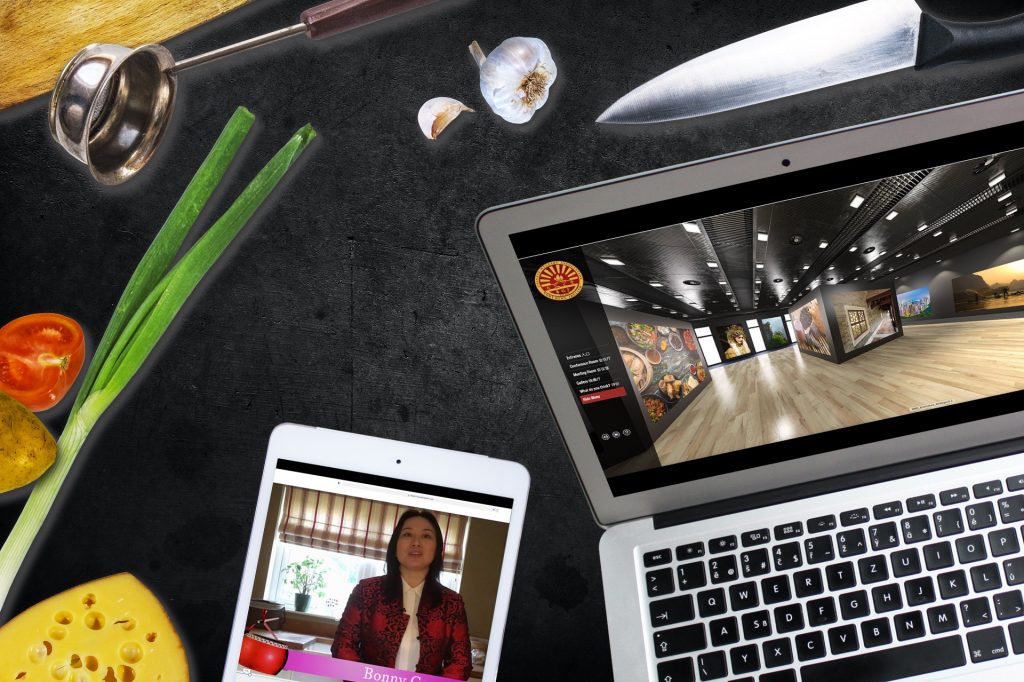
Whats Cooking?
One great example is to bring the rich heritage of Chinese food to life, with young people taking the led. So why not visit our Virtual space and learn more about the different styles of Chinese cooking, and then take a tour of our Virtual Gallery where you can learn more.
Our online resources and how-to videos, will soon get you cooking, as you watch Bonny and her son explain the background to Chinese Food and how it is important in family life.
Then try to keep up with our exciting new talent of the future as he cooks up everyone's favourite.






